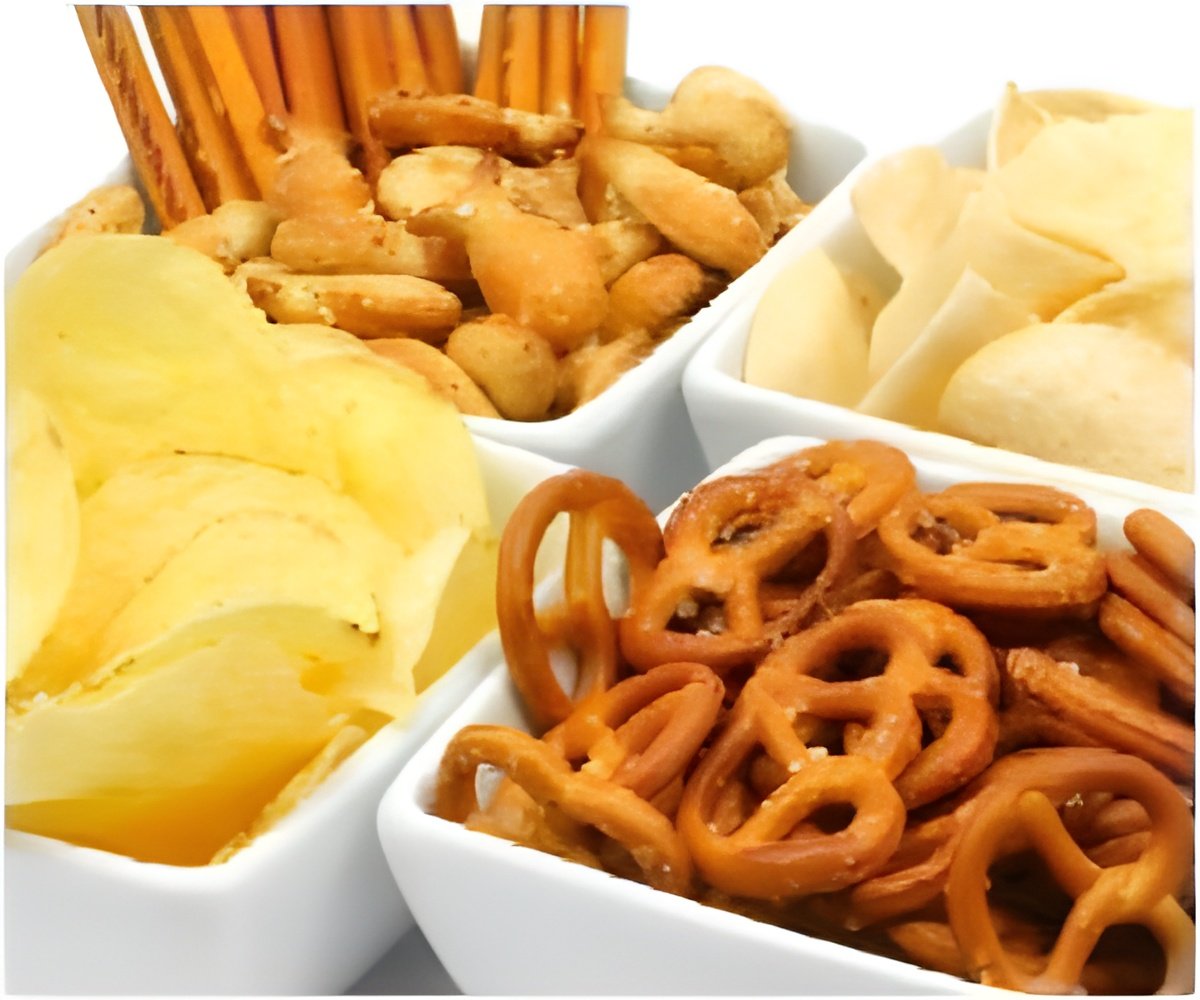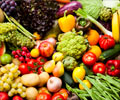
‘Vegetable crisps can contain more saturated fat than regular crisps, that may raise the level of cholesterol in blood and increase the risk of heart disease and stroke.’
Tweet it Now
The concern with products that are often seen as 'healthier alternatives', such as vegetable crisps, is they don't always match up to their reputations," Stirling-Reed explained. "Crisps are crisps, and even if they are made with vegetables, they are likely to contain too much in the way of fat, saturated fat and salt. In fact, the vegetable crisps here have higher levels of saturated fat and salt than some well-known, regular crisp brands," Stirling-Reed added. It revealed that a standard bag of vegetable crisps can contain just two-thirds of vegetables, with the remainder largely made up of salt and oil.
What's more, this leads to the fat content of each packet skyrocketing well above other snacks considered to be unhealthy. The data found that a 40g pack of vegetable crisps had more fat than the same serving of salted Pringles and nearly double that found in a Mars Bar.
While a bag of Tyrells Mixed Root Vegetable Crisps contained 14.3 grams of fat, a Mars Bar had only 8.6g with a Krispy Kreme Original Glazed Doughnut measuring in at just 8.3g. "As a nutritionist, I've seen this first hand in weight loss clinics where clients may eat even as much as double a portion size of a product if it's perceived to be healthy," Stirling-Reed noted.
Advertisement















